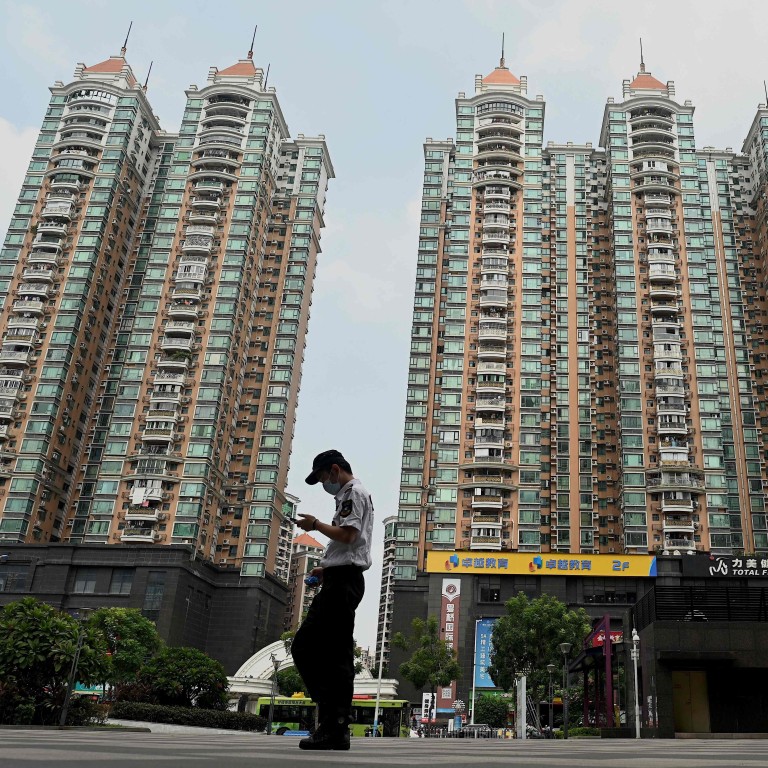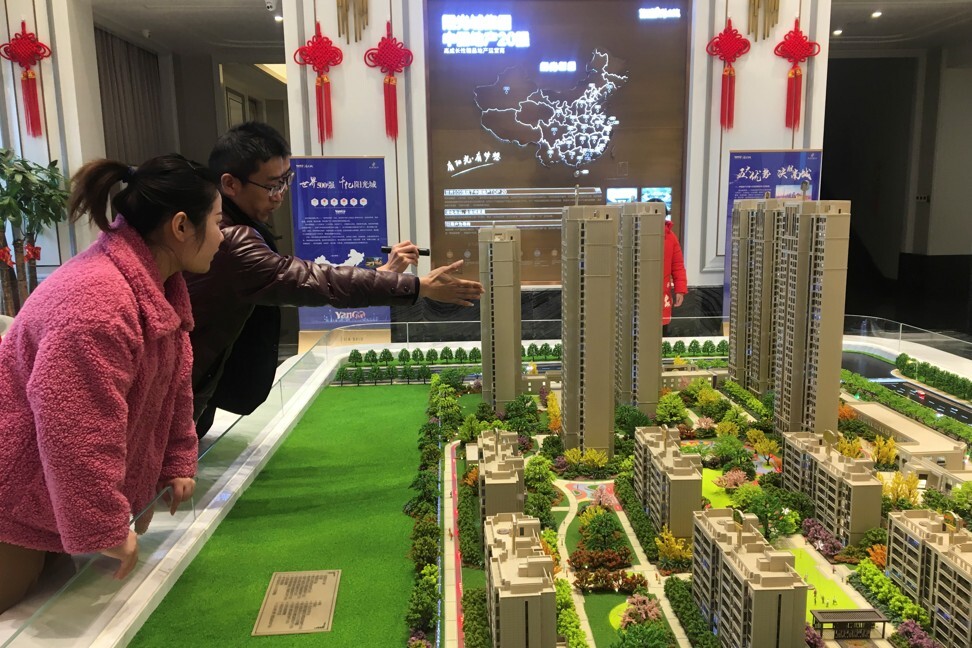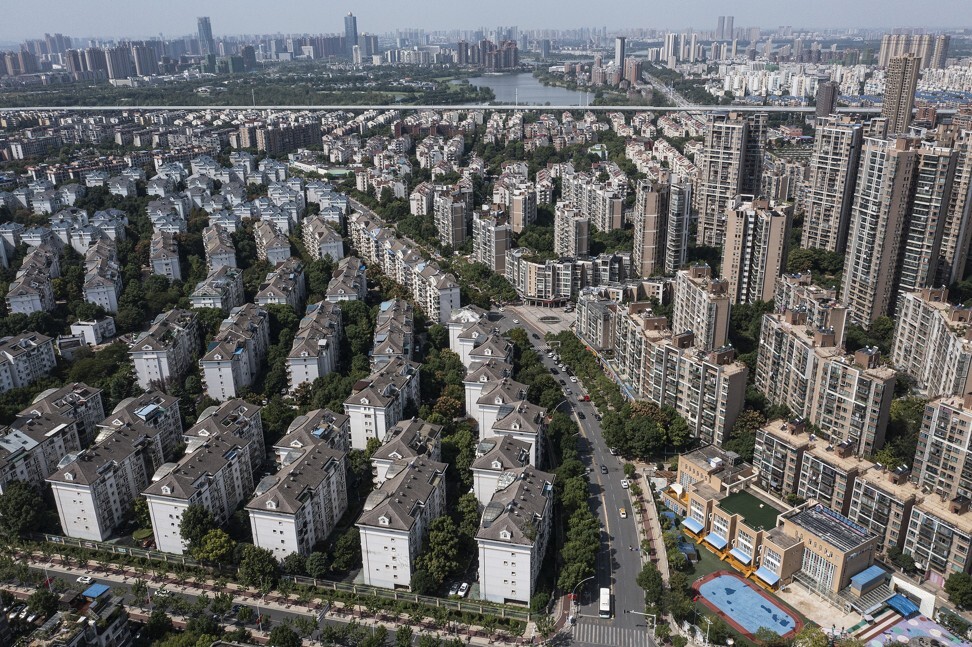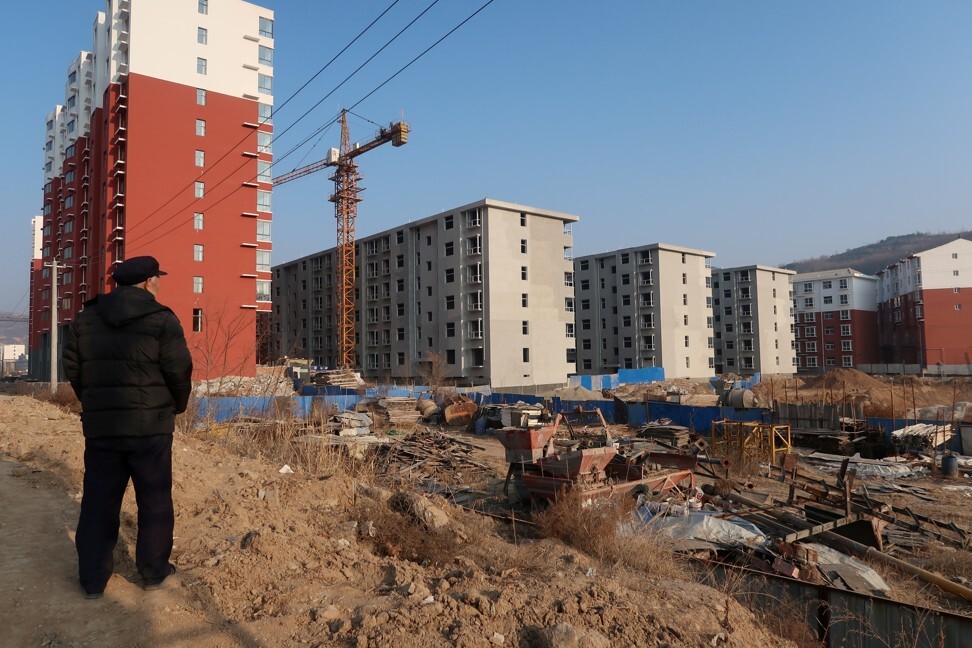
China will set up a property tax pilot plan, taking small steps after years of dithering to tame home prices for common prosperity
- The State Council will select the first regions and the timing for collecting the dutiable tariff on land, as well as owners of residential and commercial real estate, according to the state news agency Xinhua
- Legally owned rural homes will be exempted from the pilot plan, which lasts for five years before the National People’s Congress (NPC) turns it into a nationwide law, Xinhua said
The State Council, as the government’s Cabinet is known, will select the first regions and the timing for implementing the dutiable tariff on land, as well as owners of residential and commercial real estate, according to the state news agency Xinhua.
Legally owned rural homes will be exempted from the pilot programme, which will last for five years before the National People’s Congress (NPC) turns it into a nationwide law, Xinhua said.
The Ministry of Finance and the State Taxation Administration will draft the relevant measures and regulations for supporting the pilot programme, Xinhua said.

A pilot plan that lasts five years “implies that it will be at least five years before the introduction of the [nationwide] legislation at the earliest,” the independent economist Ma Guangyuan said in his Weibo post. “The suspense now is which specific cities will be picked for the pilot, and when it will start.”

The legislation remains on China’s economic development plan for the five-year period from 2021 through 2025, even if the government omitted any mention of it in its 2021 legislative agenda for the second year in a row. As the economy was struggling to recover its growth pace amid a worldwide Covid-19 pandemic, the government’s priority was to restore growth, economists said.

“The current practice in housing and land use will be strictly controlled and guided, especially such behaviour as real estate speculation,” said Yan Yuejin, director at Shanghai-based E-house China R&D Institute. “Taking into account the cities which had been discussed the most recently in the market, Zhejiang province is likely to be included in the tax reforms, especially Hangzhou.”
Additional reporting by Pearl Liu

